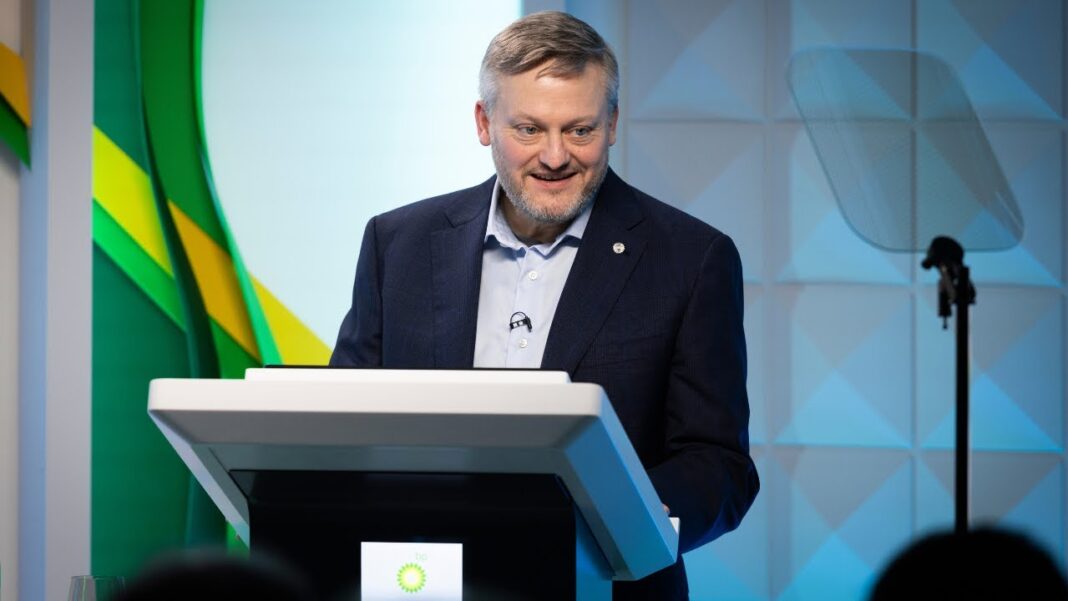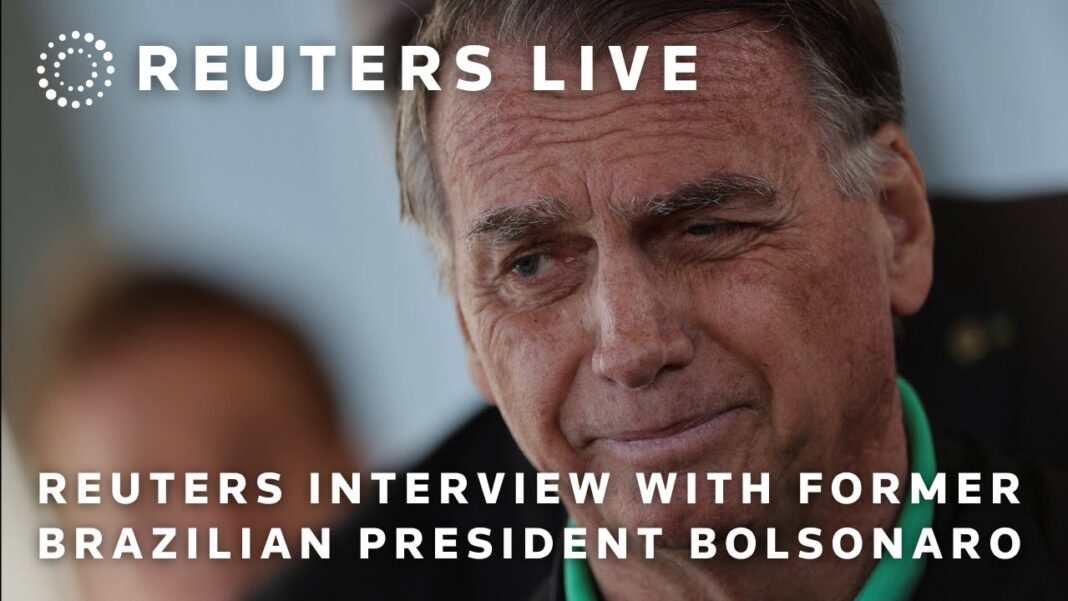The Code of Practice is a voluntary framework on AI transparency, copyright, and security to help companies prepare for the EU’s AI Act.
Meta’s chief global affairs officer, Joel Kaplan, said on Friday that the U.S. tech giant will not sign the EU’s new voluntary code of practice for general-purpose AI, citing legal uncertainties and measures that go beyond the scope of Europe’s main AI law.
In a statement posted on LinkedIn, Kaplan said the company will not be signing the Code of Practice for General-Purpose AI (GPAI), a set of nonbinding guidelines covering AI transparency, copyright, and security.
Designed for developers of general-purpose AI models, the code aims to help them prepare for, and comply with, the AI Act, which takes effect in stages starting Aug. 2.
“Europe is heading down the wrong path on AI,” Kaplan said. “We have carefully reviewed the European Commission’s Code of Practice for general-purpose AI models and Meta won’t be signing it. This Code introduces a number of legal uncertainties for model developers, as well as measures which go far beyond the scope of the AI Act.”
The EU’s AI Act creates one system for all EU countries, dividing AI into four risk levels: unacceptable, high, limited, and minimal. High-risk systems, like those in critical infrastructure or hiring, face strict requirements, including safety checks and documentation.
It covers the regulation of large language models and foundation models built by companies such as Meta’s Llama, OpenAI’s GPT-4, Google DeepMind’s Gemini, and Anthropic’s Claude.
Companies failing to comply could face fines ranging from 7.5 million euros ($8.7 million) or 1.5 percent of turnover, to as much as 35 million euros ($38.2 million) or 7 percent of global turnover.
Businesses Voice Concerns
The release of the GPAI Code was delayed several times before the European Commission published the final version on July 10.
The EU said companies that voluntarily sign the GPAI will face a lighter administrative burden and gain more legal certainty compared to proving compliance through other methods. Last week, ChatGPT-maker OpenAI announced its intention to sign the code.







